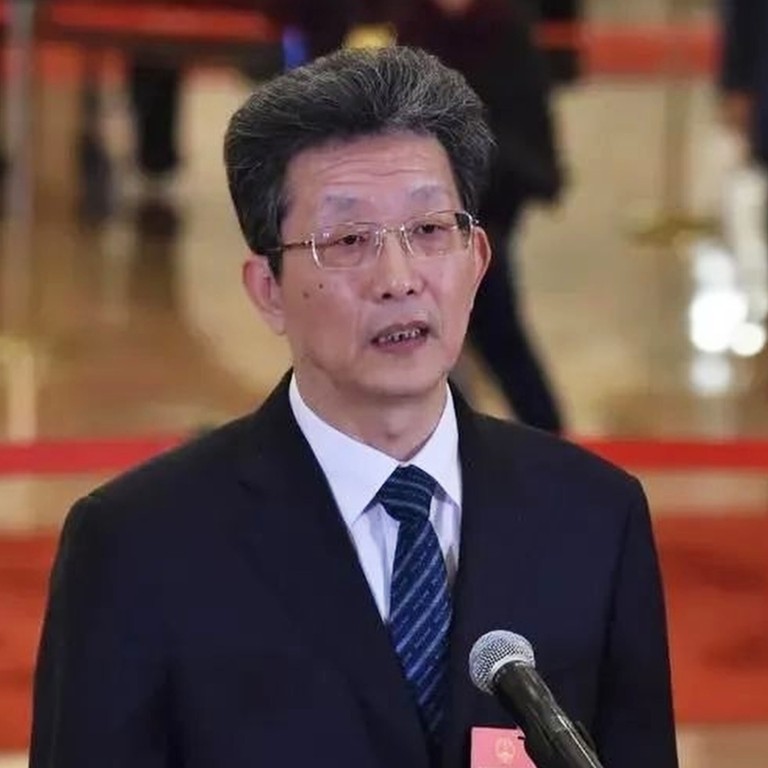
After Alibaba probe, antitrust is at the top of 2021 agenda, China’s top market regulator says
- The head of China’s State Administration for Market Regulation said enhancing anti-monopoly rules remains a top priority in 2021
- China started an antitrust crackdown at the end of 2020, with a probe into Alibaba potentially having big implications for other digital platforms
Tightening antitrust regulations leads the 2021 agenda for China’s top regulator, the head of the agency said, sending a signal that Beijing’s crackdown on Big Tech’s outsized market power is likely to deepen and widen following the launch of an antitrust probe into Alibaba Group Holding.
The State Administration for Market Regulation (SAMR), which is in charge of antitrust investigations, started its drive to enhance oversight of monopolies and unfair competition in 2020 to send a “strong message” that “no one can be outside anti-monopoly or unfair competition regulations, whether they are online or offline businesses”, Zhang Gong, the head of the agency, told state-run media outlet Xinhua in an interview published on Saturday.
The agency’s priority for 2021 and beyond, Zhang said, is to implement decisions from China’s leadership on “enhancing anti-monopoly [rules] and preventing the disorderly expansion of capital”.
Zhang did not single out any companies by name in the interview.
The remarks come after SAMR announced an antitrust probe into Alibaba in a one-line statement issued on Christmas Eve, saying the agency is looking into the company’s alleged monopolistic business practices, including “picking one from the two”, which refers to forcing online merchants to choose one platform as their exclusive sales channel.
Alibaba is the parent company of the South China Morning Post.
Alibaba antitrust probe presents fresh challenges for China’s regulators
The antitrust investigation into Alibaba, part of Beijing’s efforts to tame the development of the country’s tech behemoths, has been widely watched. The ramifications may not just affect the business prospects of the country’s largest e-commerce player, but also those of many of China’s other internet platform companies.
A meeting over the weekend by the Central Political and Legal Affairs Commission, the Communist Party’s unit in charge of the country’s court and police system, backed up Zhang’s statements. The commission said that strengthening “anti-monopoly and unfair competition law enforcement and judicial works” is a key task in 2021.
A meeting by the country’s court chiefs on Sunday also determined that Chinese courts will study how to define whether platform enterprises qualify as monopolies, how to rule on data collection and use, and how to protect consumer rights in the digital domain.
Zhang said SAMR will move first to cure the “causes” of monopolies and regulate their “consequences”.
He added that China is set to speed up the improvement of market competition rules, which includes amending China’s Anti-Monopoly Law. The law, in effect since August 2008, regulates practices such as monopoly agreements, the abuse of market position and failure to declare mergers that could lead to a monopoly.


